Innovations Transforming Childhood Cancer Treatment
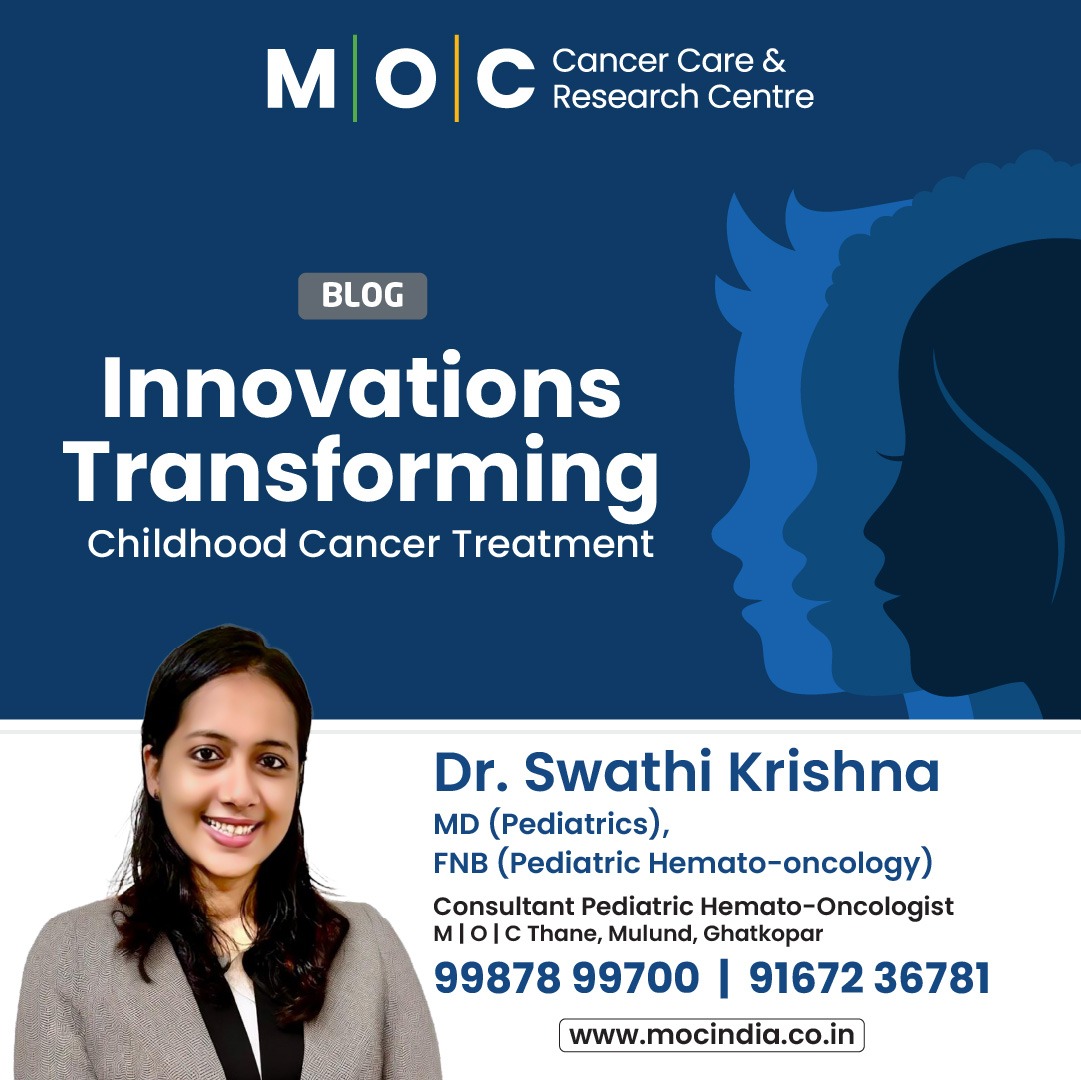


Childhood cancer, while relatively rare, remains a devastating diagnosis for children and their families. Fortunately, the landscape of pediatric cancer treatment is undergoing a remarkable transformation, with innovative approaches offering a brighter future for young patients. This blog discusses some exciting advancements in the field.
Reducing Treatment Toxicity:Traditionally, chemotherapy has been the mainstay of childhood cancer treatment, but its severe side effects can be difficult for young patients. Thankfully, research is paving the way for less toxic alternatives. Liposomal formulations of drugs like doxorubicin aim to deliver medication directly to cancer cells while minimizing damage to healthy tissues, reducing the overall toxicity of treatments.
Promoting Immunotherapy and CAR T-Cell Therapy:Immunotherapy, which harnesses the immune system to fight cancer, is making waves in pediatric oncology. A standout example is CAR T-cell therapy, where a patient’s immune cells are engineered to attack cancer cells. This treatment has shown great success in childhood leukemias and lymphomas.
Proton Therapy—Precision Radiation:For children who require radiation therapy, proton therapy provides a more precise alternative. By targeting tumors with highly focused beams of radiation, proton therapy reduces the exposure of healthy tissue to radiation, minimizing long-term side effects. This is especially important for children, whose developing bodies are more vulnerable to damage from conventional radiation therapy.
Bone Marrow Transplant:For certain blood cancers like leukemia, a bone marrow transplant (BMT) can be a curative treatment option. Advances in stem cell transplants, including improved donor matching and post-transplant care, have significantly increased survival rates in pediatric patients. BMT remains a critical option for children who do not respond to standard therapies.
Artificial Intelligence in Cancer Care and initiating personalized medicine:Artificial intelligence (AI) is transforming how doctors diagnose and treat childhood cancer. AI can analyze large datasets to help tailor treatment plans to each child's specific cancer profile. The one-size-fits-all approach to cancer treatment is becoming a thing of the past. Genetic analysis allows doctors to create tailored treatment plans based on the unique mutations driving a child’s cancer. This personalized medicine approach increases the effectiveness of treatment while reducing unnecessary side effects, leading to better outcomes.
Precision Diagnostics for Early Detection:Early detection is crucial for successful cancer treatment. New diagnostic tools like circulating tumor DNA (ctDNA)testing offer the potential for earlier diagnosis of childhood cancers through simple blood tests
Enhancing Long-Term Care:The journey doesn’t end with treatment. Long-term care for childhood cancer survivors is essential to address issues such as infertility and cognitive side effects. These innovations represent a significant leap forward in the fight against childhood cancer. From gene therapy and AI-driven care to proton therapy and personalized medicine, these advancements offer new hope for patients. The ultimate goal remains the same: to cure all childhood cancers and ensure every child has the chance to live a healthy, fulfilling life.
Dr. Swathi Krishna
MD , FNB
Consultant Pediatric Hemato-Oncologist.
MOC Cancer Care & Research Centre, Ghatkopar, Thane
& Mulund.
Latest Blogs
-
![Nidar Naari is a movement initiated by M|O|C Cancer Care & Research Centre]()
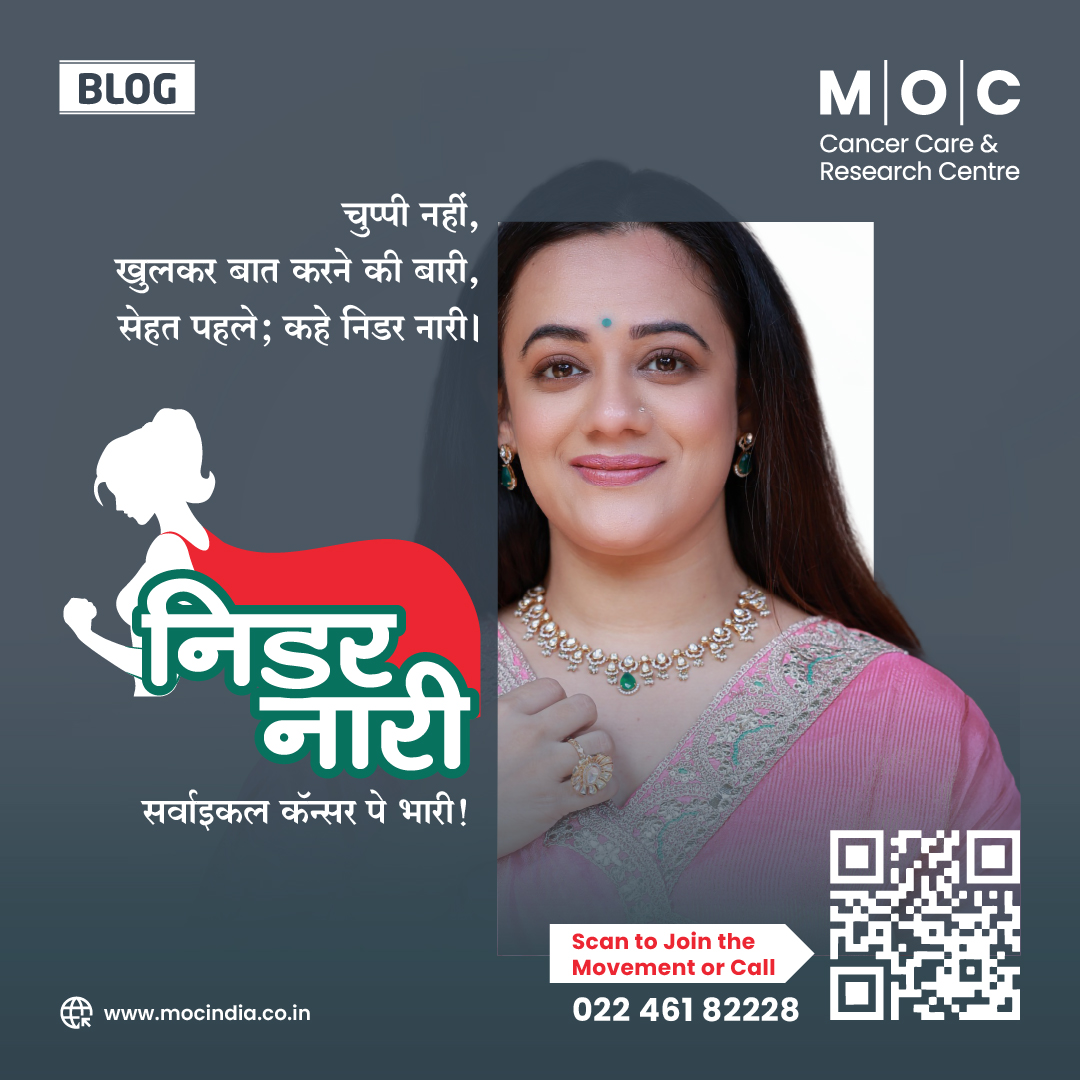
- 10th Feb, 2026
- Nidar Naari is a movement initiated by M|O|C Cancer Care & Research Centre
-
![Cervical Cancer Awareness Month- January 2026]()
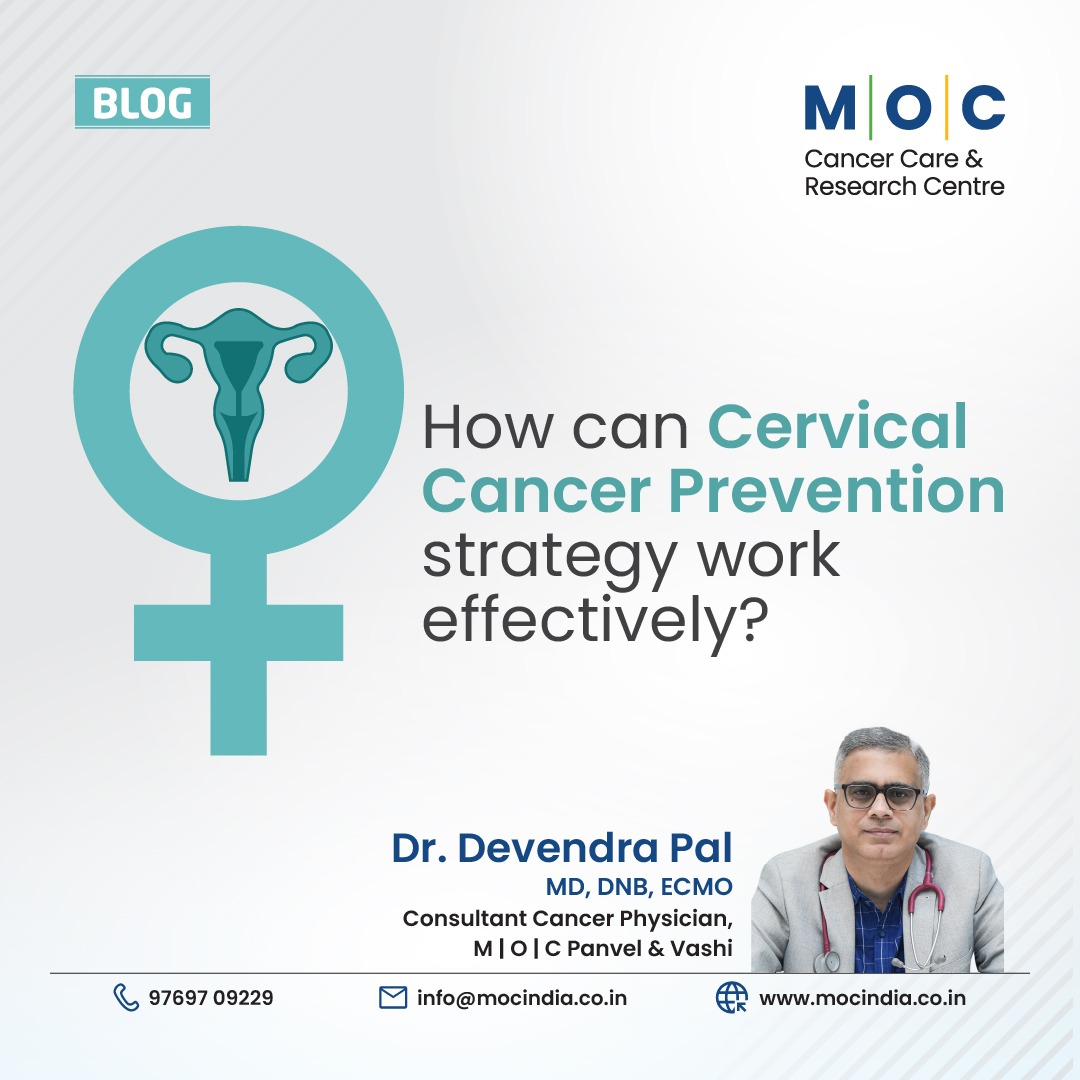
- 23rd Jan, 2026
- Cervical Cancer Awareness Month- January 2026
-
![Why Vaccinating Boys Against HPV is a Win for Everyone ?]()
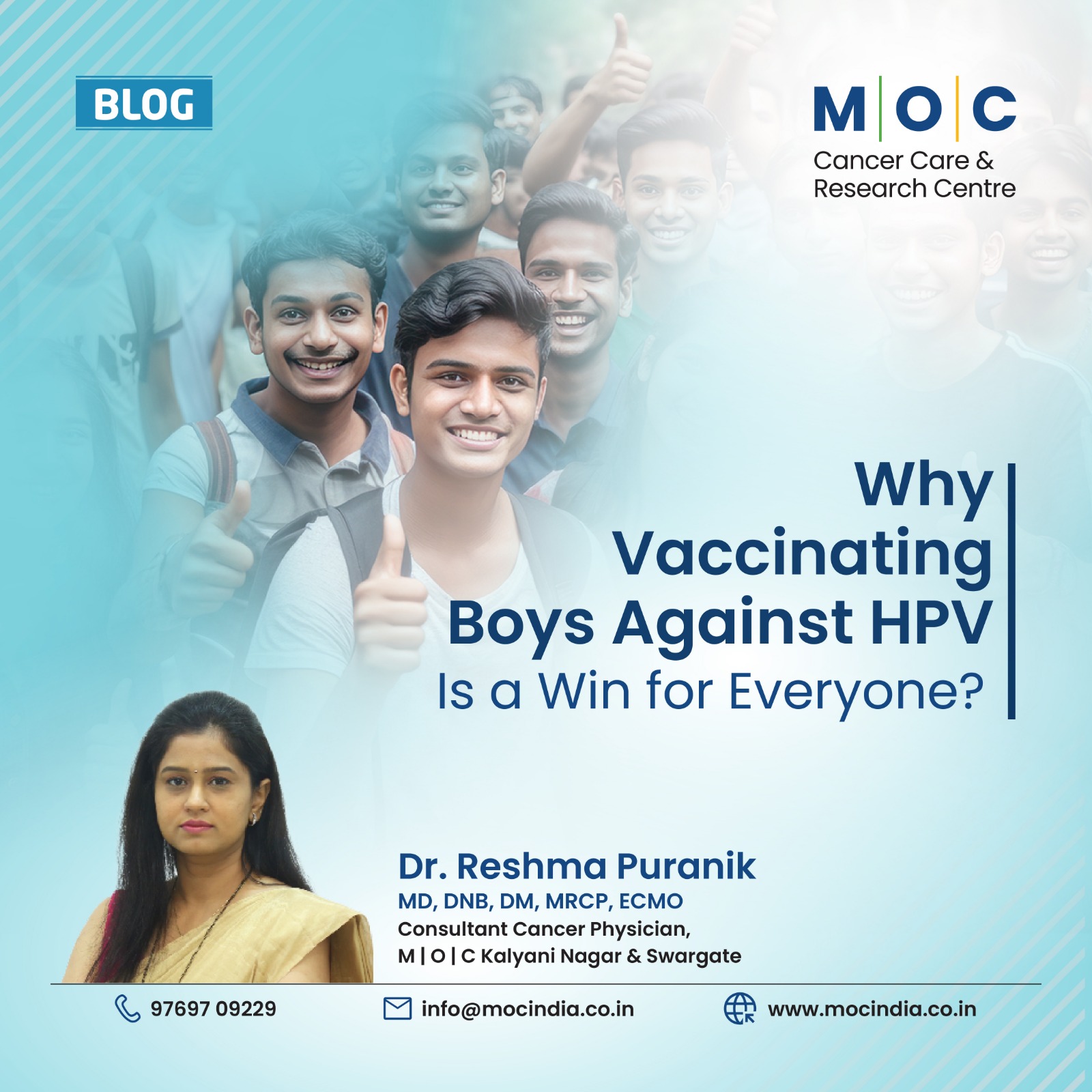
- 20th Jan, 2026
- Why Vaccinating Boys Against HPV is a Win for Everyone ?
-
![Are Pollution and Chemical Exposure Driving the Rise of Blood Cancer Cases in Children?]()
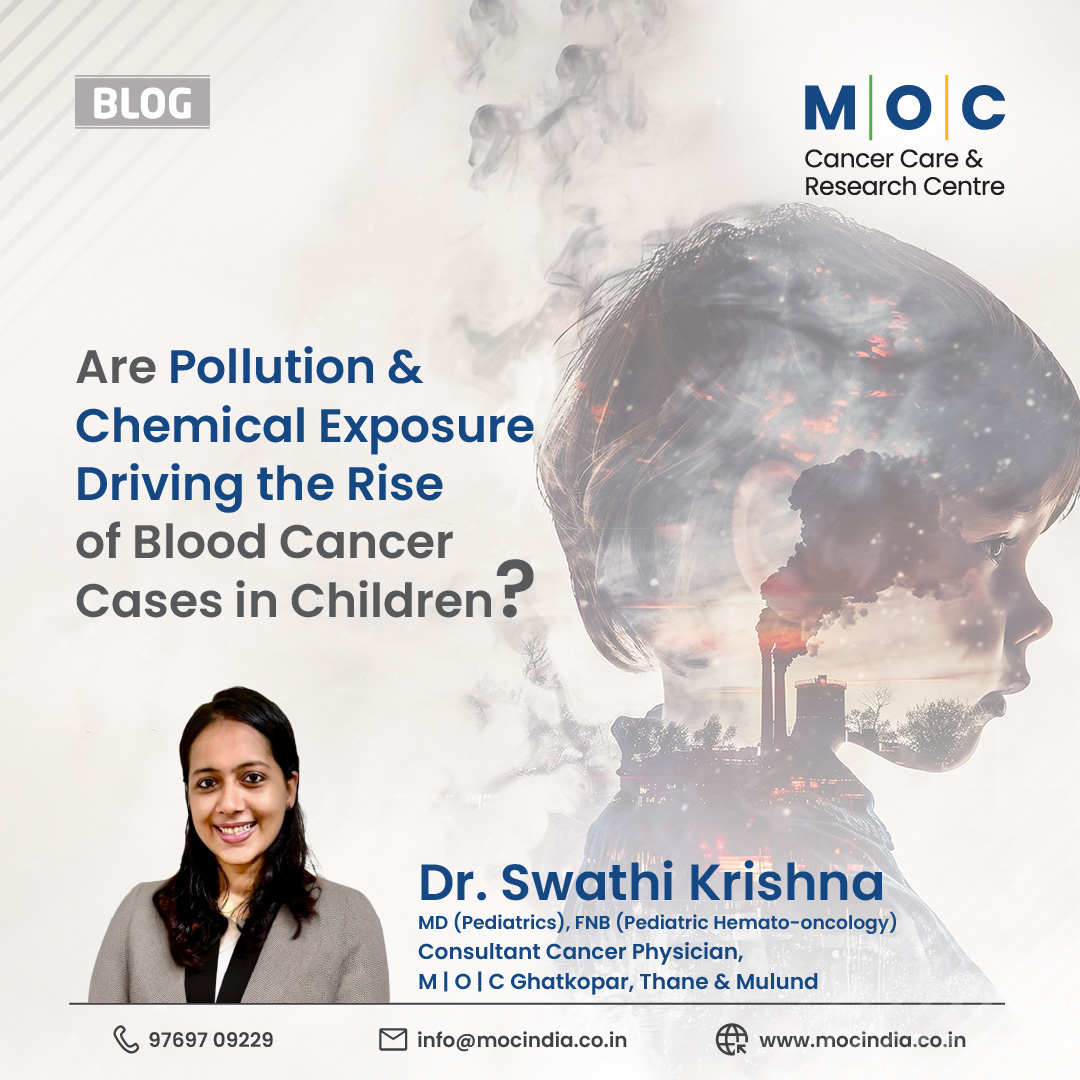
- 17th Jan, 2026
- Are Pollution and Chemical Exposure Driving the Rise of Blood Cancer Cases in Children?
-
![Significant Advancements in Cancer Treatment in 2025- Dr Kunal Jobanputra- M|O|C Kemps Corner and Mahim]()
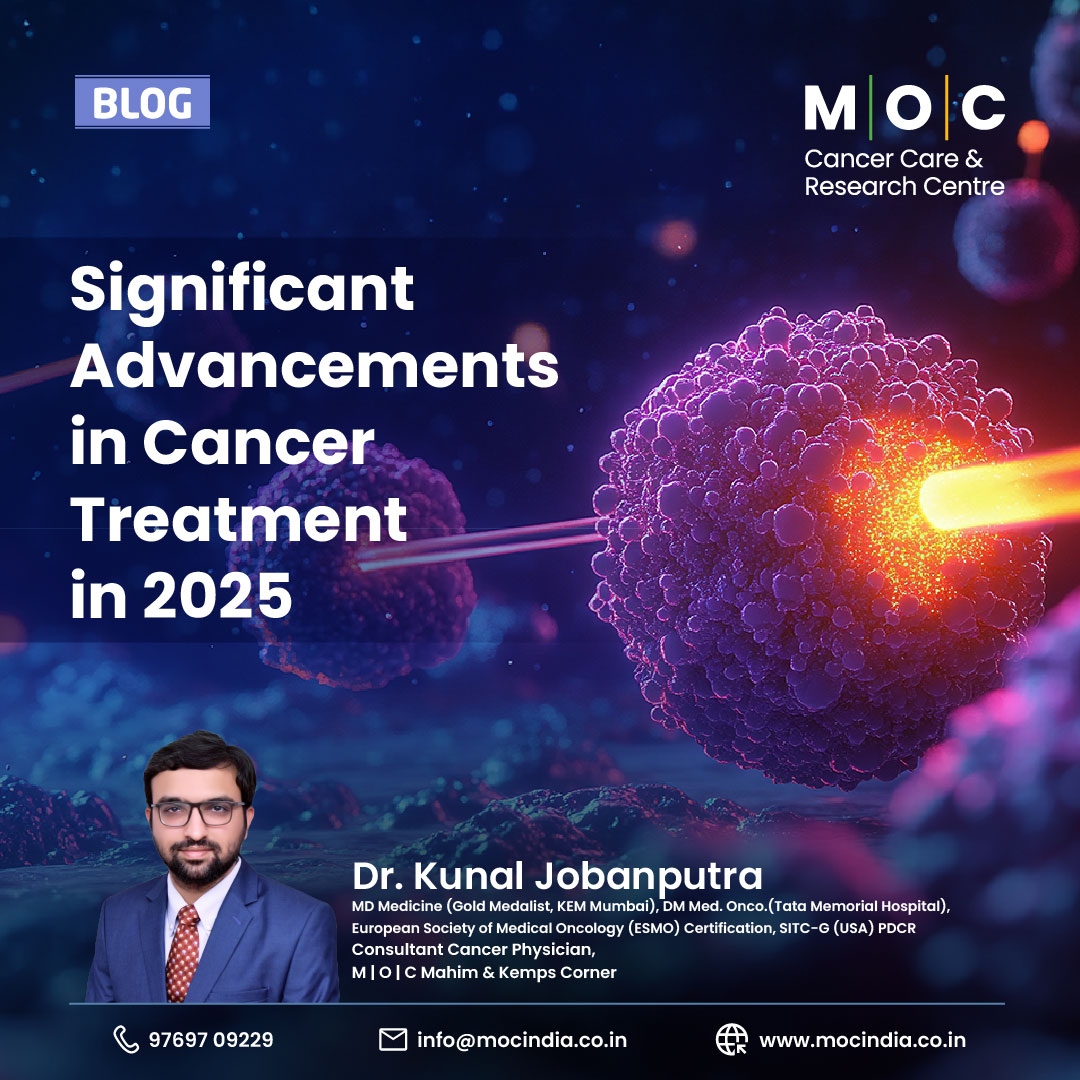
- 12th Jan, 2026
- Significant Advancements in Cancer Treatment in 2025- Dr Kunal Jobanputra- M|O|C Kemps Corner and Mahim
-
![Managing sleep disturbances during and after cancer treatment]()

- 11th Dec, 2025
- Managing sleep disturbances during and after cancer treatment
Book Your Appointment








